In the ever-evolving world of digital finance, cryptocurrencies have emerged as the talk of the town, captivating the attention of investors, technology enthusiasts, and everyday folk alike. If you’re ready to dive into the exciting realm of digital assets, the first step is to get your hands on a secure crypto wallet.
Imagine your crypto holdings as a treasure trove, and your wallet as the key that grants you access to this digital wealth. It’s the gateway to managing, sending, and receiving your cryptocurrencies, ensuring that your financial future is firmly in your own hands. So, let’s explore the ins and outs of crypto wallets and help you find the perfect one to safeguard your digital assets. This article will cover how to get a crypto wallet and help you choose the best one for your needs.
What is a Crypto Wallet?
A crypto wallet is a digital tool that serves as the control center for your cryptocurrency holdings. It’s the virtual equivalent of a physical wallet, but instead of holding cash and cards, it stores the unique digital keys that allow you to access and interact with your cryptocurrencies on the blockchain network.
Think of it this way: your crypto wallet doesn’t actually store the coins themselves, but it holds the virtual keys that unlock the doors to your digital riches. It’s the essential link between you and your cryptocurrency, enabling you to securely manage, send, and receive your digital assets.
Types of Crypto Wallets: Hot and Cold
When it comes to crypto wallets, there are two main categories: hot wallets and cold wallets. Each offers its own set of advantages and drawbacks, so it’s important to understand the differences to choose the one that best fits your needs.
Hot Wallets: Convenience at a Cost
Hot wallets are the digital equivalent of keeping your cash in your pocket — they’re connected to the internet, making them convenient for everyday use. These include mobile wallets, desktop wallets, and web-based wallets. They’re generally easier to set up and use, allowing you to access your cryptocurrencies on the go.
However, this constant connection to the internet also means that hot wallets are more vulnerable to cyber threats, such as hacking or malware attacks. If you’re holding a significant amount of cryptocurrency, the increased risk may not be worth the convenience.
Cold Wallets: Fortress-like Security
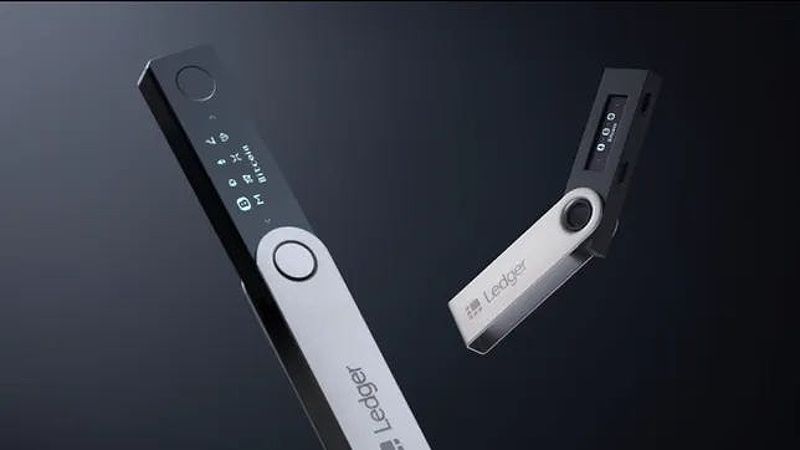 Cold Wallets
Cold Wallets
On the other hand, cold wallets are the digital version of a bank vault — they’re offline storage devices that provide a higher level of security for your cryptocurrency. These physical wallets, like the Ledger Nano S or Trezor Model One, store your digital keys in a secure, air-gapped environment, making them much harder for hackers to access.
Cold wallets are the preferred choice for those who are storing large amounts of cryptocurrency for the long term. While they may be slightly less convenient for frequent transactions, the trade-off is a drastically reduced risk of theft or loss. If you’re serious about safeguarding your digital assets, a cold wallet is the way to go.
Choosing the Right Crypto Wallet: Balancing Security and Convenience
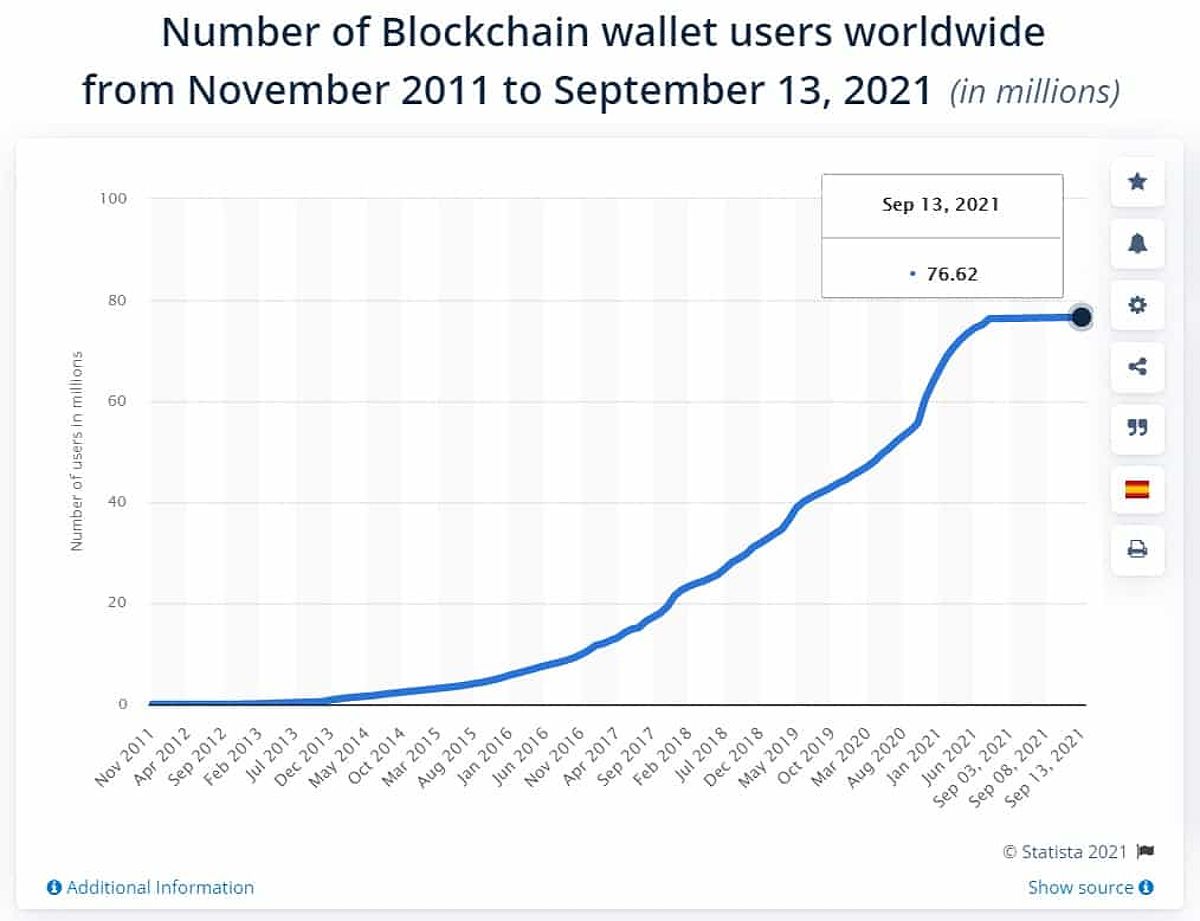 Choosing the Right Crypto Wallet
Choosing the Right Crypto Wallet
When selecting a crypto wallet, it’s all about finding the right balance between security and convenience based on your specific needs and risk tolerance.
Security First: Prioritizing Protection
If you’re holding a significant amount of cryptocurrency, security should be your top priority. In this case, a cold wallet is the way to go. These offline devices offer the highest level of protection against cyber threats, ensuring that your digital assets remain safe and secure, even if your computer or mobile device is compromised.
Convenience Counts: For Everyday Use
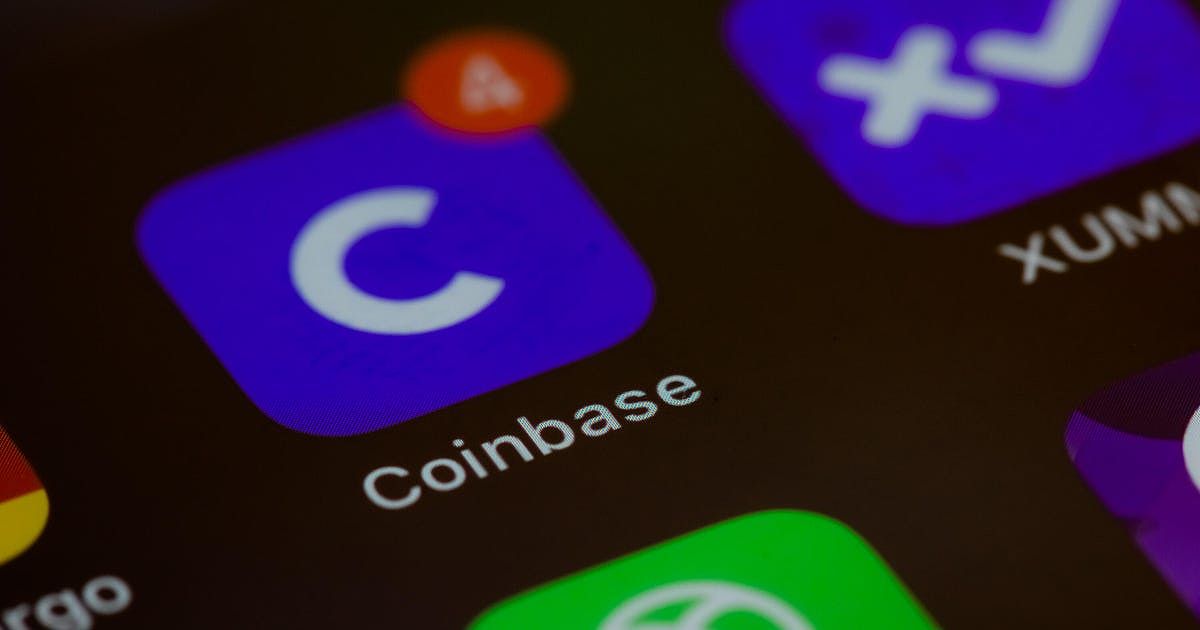 Coinbase Wallet
Coinbase Wallet
On the other hand, if you’re primarily using your cryptocurrency for smaller, everyday transactions, a hot wallet might be more suitable. These internet-connected wallets provide a user-friendly experience and easy access to your funds, making them a practical choice for frequent crypto users.
Features and Customization
Beyond security and convenience, you’ll also want to consider the features and customization options offered by different crypto wallets. Some wallets may support a wider range of cryptocurrencies, offer advanced security features, or even integrate with various decentralized finance (DeFi) applications. Take the time to research and find a wallet that aligns with your specific needs and preferences.
Remember, the crypto world is constantly evolving, and the features and capabilities of wallets can change over time. Stay informed, keep your wallet software up-to-date, and always prioritize the security of your digital assets.
How to Get a Crypto Wallet: A Step-by-Step Guide
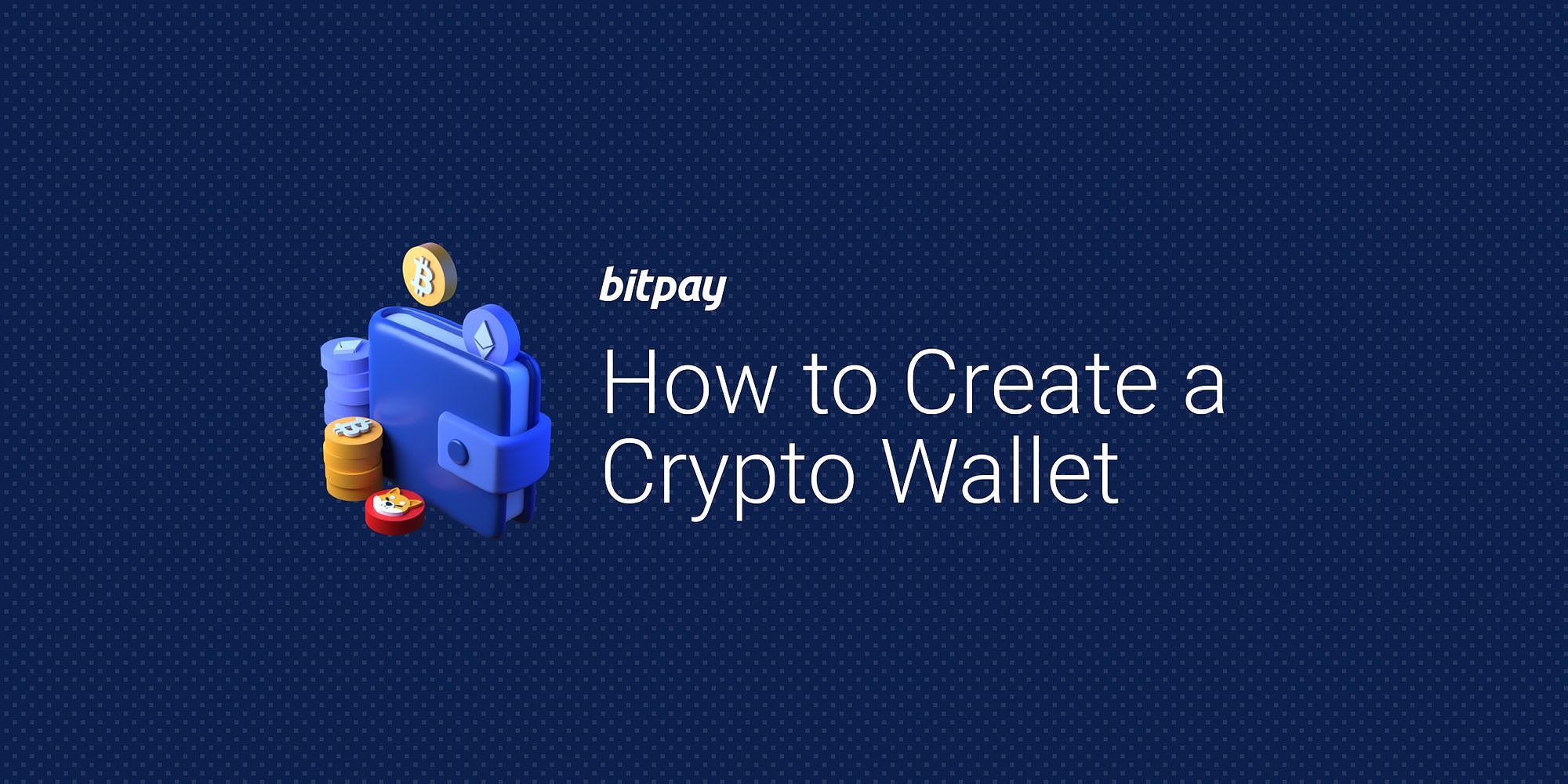 How to Create a Crypto Wallet
How to Create a Crypto Wallet
Setting up a crypto wallet is a straightforward process, regardless of whether you choose a hot or cold option. Here’s a step-by-step guide to get you started:
-
Choose Your Wallet: Decide on the type of wallet (hot or cold) that best suits your needs and preferences.
-
Download or Purchase: If you’re using a software wallet, download the corresponding app. For a hardware wallet, purchase the physical device from a reputable provider.
-
Create an Account: Follow the on-screen instructions to set up a new wallet account, which may involve creating a password, generating a recovery seed phrase, and enabling additional security measures.
-
Back Up Your Wallet: Securely store your wallet’s recovery seed phrase, as this is the key to regaining access to your cryptocurrency if you ever lose your wallet.
-
Fund Your Wallet: Transfer your cryptocurrency from an exchange or other source to your new wallet’s unique address.
The specific steps may vary slightly depending on the wallet you choose, but the general process remains the same. Remember, the security of your crypto wallet is paramount, so be sure to follow the instructions carefully and prioritize the protection of your recovery seed phrase.
Keeping Your Crypto Wallet Secure: Best Practices
Protecting your crypto wallet is crucial to prevent the loss or theft of your digital assets. Here are some essential tips to enhance the security of your crypto wallet:
-
Use Strong Passwords and Enable Two-Factor Authentication: Ensure that your wallet’s login credentials are robust and unique, and always enable two-factor authentication to add an extra layer of security.
-
Beware of Phishing Scams: Be vigilant when it comes to suspicious links, emails, or websites that may be attempting to steal your login credentials or recovery seed phrase.
-
Store Your Seed Phrase Securely: Your recovery seed phrase is the master key to your wallet, so it’s crucial to keep it offline and in a safe, physical location, such as a fireproof safe or a secure deposit box.
-
Keep Your Wallet Software Up-to-Date: Stay on top of the latest security updates for your crypto wallet to ensure that you’re protected against known vulnerabilities.
-
Consider a Cold Wallet for Long-Term Storage: For larger cryptocurrency holdings, a hardware wallet (cold wallet) is the way to go, as it offers the highest level of protection against cyber threats.
Remember, the security of your crypto wallet is paramount, as the blockchain technology behind cryptocurrencies is designed to be irreversible. By following these best practices, you can significantly reduce the risk of losing your digital assets and enjoy the full benefits of the crypto ecosystem.
Frequently Asked Questions (FQAs)
What happens if I lose my seed phrase?
Without your seed phrase, you won’t be able to recover your cryptocurrency. This phrase is the master key to your wallet, so it’s crucial to keep it safe and secure. If you lose or misplace your seed phrase, you will permanently lose access to your digital assets.
Is it safe to store my cryptocurrency on an exchange?
While exchanges offer convenience, they are not as secure as dedicated crypto wallets. When you hold your cryptocurrency on an exchange, you are entrusting a third-party with the custody of your private keys. It’s generally recommended to move your cryptocurrency to a wallet you control, whether a hot wallet or a cold hardware wallet, to ensure the highest level of security and self-custody over your digital assets.
How do I choose a reliable crypto wallet provider?
When selecting a crypto wallet provider, look for reputable companies with a proven track record, positive reviews, and robust security measures. Be wary of unknown or unproven wallet services, as they may not have the necessary infrastructure or expertise to securely store your digital assets. Researching the provider’s reputation, security features, and user feedback can help you make an informed decision.
Unlock the Crypto Kingdom: Secure Your Digital Destiny
In the ever-evolving world of digital finance, getting a crypto wallet is an essential first step on your cryptocurrency journey. By understanding the different types of wallets, choosing the right one for your needs, and following best practices for security, you can take control of your digital assets and unlock the vast potential of the decentralized financial ecosystem.
Whether you’re a cryptocurrency beginner or an experienced investor, the security of your crypto wallet should be your top priority. By safeguarding your digital wealth, you’re not only protecting your financial future but also participating in the transformation of the way we think about and interact with money.
So, take the plunge and get started with your own crypto wallet today. The crypto kingdom awaits, and with the right tools and knowledge, you can secure your place in this exciting digital frontier.

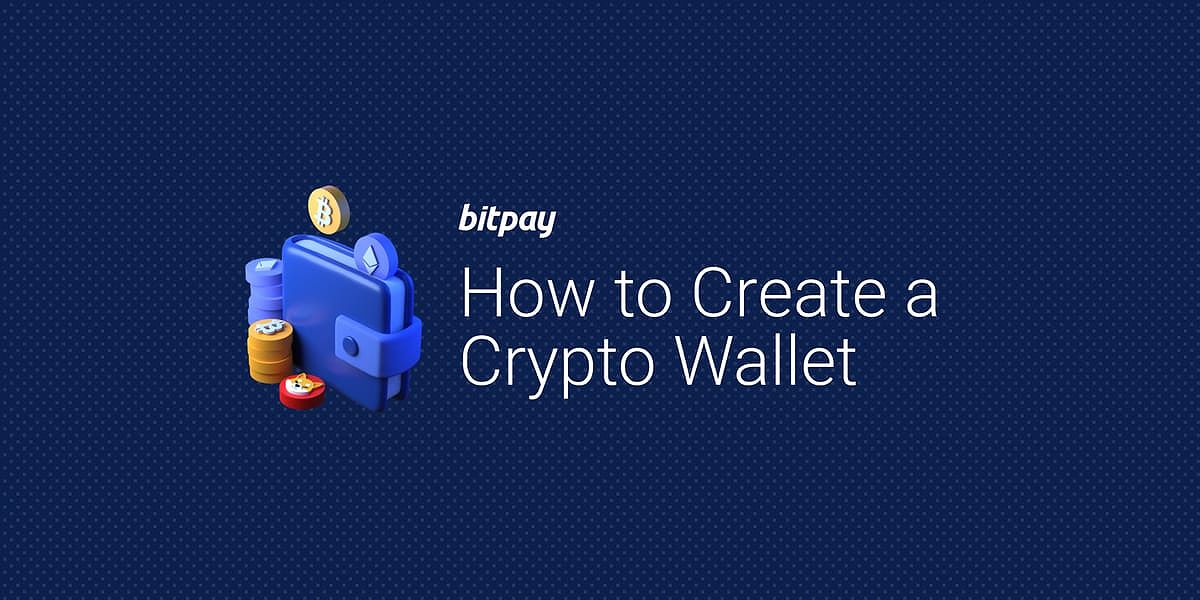

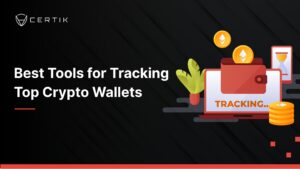












 Bitcoin
Bitcoin  Ethereum
Ethereum  Tether
Tether  XRP
XRP  Solana
Solana  USDC
USDC  Dogecoin
Dogecoin  Cardano
Cardano  TRON
TRON